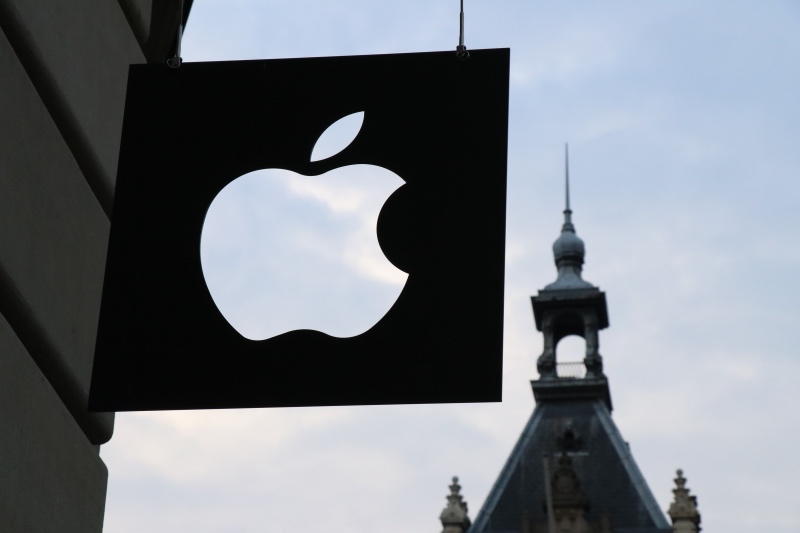Apple will employ trafficking survivors to work in its retail stores, the technology giant said, after winning an international award for making details of its supply chains public in a bid to help end modern slavery.
Since 2012 Apple says it has reduced the number of underage workers in its extended supply chain, which includes locations where rare earth minerals are mined for use in smartphones.
Labour rights groups had previously criticised Apple and its biggest manufacturing partner Foxconn for excessive overtime, hiring underage workers and failing to provide health insurance.

PICTURE: Medhat Dawoud/Unsplash
“As a company whose work touches the lives of so many people, we feel we have an enormous responsibility…to turn our values into action,” Angela Ahrendts, head of retail at Apple, said during Trust Conference in London this week, which is hosted by the Thomson Reuters Foundation.
“Though we’ve only just started, we see a tremendous opportunity to be a beacon of hope for trafficking survivors by integrating them into our worldwide retail teams,” she said, receiving the prize designed by British sculptor Anish Kapoor.
The Thomson Reuters Foundation Stop Slavery Award recognises efforts by companies to identify, investigate and eradicate forced labour from their supply chains.
Apple said it has also returned over $US30 million to 35,000 foreign contract workers who were coerced by unscrupulous recruiters to pay excessive fees to be employed by the company.
Consumer goods giant Unilever was the other winner of the annual award, while financial services firm Standard Chartered and Thailand-based seafood producer Thai Union were highly commended for their work.
More than 40 million people are estimated to be trapped as slaves in forced labour and forced marriages, most of them women and girls, according to the International Labour Organization and rights group Walk Free Foundation.
Nearly 25 million work in factories, on construction sites, farms, fishing boats and as domestic or sex workers, says ILO.
With slavery now considered a major global issue, there is growing scrutiny on initiatives to meet a UN goal to end by 2030 a trade estimated to raise annual illicit gains of $US150 billion for traffickers.
Businesses are under increased pressure from both governments and consumers to disclose what actions they are taking to ensure their supply chains are free from slavery.
The world’s largest canned tuna company, Thai Union Group PCL, has also pledged to tackle potential labour abuse and overfishing, seeking to clean up the Thai seafood industry.
Thailand’s multibillion-dollar seafood sector has come under fire in recent years after investigations showed widespread slavery, trafficking and violence on fishing boats and in onshore food processing factories.
The company said in 2016 it would eliminate recruitment fees for its workers to prevent labourers from racking up debts to job brokers and from being exploited and abused.
The Stop Slavery Award was won last year by sports giant German sportswear giant Adidas, global fashion retailer C&A, US technology company Intel, and British retail and services group The Co-operative Group.






